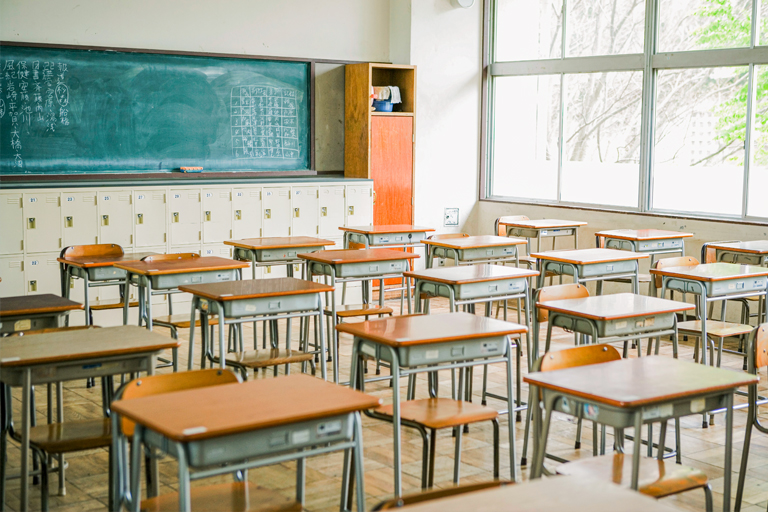At Cluey, we like to think we’ve really earned our title as experts in online learning. We’ve taught thousands of students in Year 2-12 with different needs and delivered over 50,000 online tutoring sessions. Our education team has developed content for every student based on the Australian National Curriculum and all state-by-state variations.
Since 2013, I’ve been working with schools — and now, of course, as Chief Learning Officer at Cluey — to provide education remotely. Based on this experience, I’ve distilled a set of key tips for maintaining learning continuity at home.
Structure will help them steer clear of holiday mode
If you want to maintain a focus on learning and avoid your child treating this period like a bonus holiday, it’s important to establish a consistent structure for each day.
This doesn’t necessarily mean that you should expect them to be studying for six hours each day, but it does mean beginning at a consistent time each day, preferably not in pyjamas. There’s also a real benefit in setting aside time at the end of each day to reflect on what’s been learned. This is a great way to ascertain how much your child has absorbed, and where you may need to start tomorrow. It’s also vital information to feed back to your child’s teachers, who will be missing many opportunities to observe their learning in action.
If you’re responsible for ensuring the material provided by the school is being covered, set up a timetable with slots for the different subjects. Your child will probably welcome the familiarity and stability of such order.
Break content into chunks and keep things varied
Teachers know the value of breaking content into manageable and logically connected chunks — it’s much easier for students to grasp and retain information presented this way.
Don’t aim to spend a full day on English and the next day on Maths. If your child’s school is enabling some online interactive sessions, they’re likely to be utilising a flipped classroom model which will expect students to access content prior to the lesson for discussion and analysis during the lesson. This is a useful format for you to use at home, too, so let them go through their content first, before you cover the details together.
Keep reading
If there’s one thing that school closures may well offer to families across the world, it’s an opportunity to do a LOT of reading. If you do nothing else in the way of homeschooling, putting an emphasis on reading and then taking the time to discuss what your child has read will really help with their literacy skills.
If you can’t visit the library, it’s a good time to check out eBooks if you haven’t already.
Supplement school materials and learning with individualised support
It’s likely that some schools will struggle with the appropriate tools and platforms to provide opportunities for individualised support for every student. While it may be possible to facilitate an online lesson, individual interaction with students may be very challenging.
In this situation, parents will need to find ways to engage with their child’s learning and provide formative feedback (i.e. feedback that supports learning and suggests the next steps).
Research conclusively shows that this kind of feedback is the most powerful intervention for any learner.
Let your child be the teacher
One of the best ways to consolidate learning is to teach what we know to someone else. A period at home with your child is a great opportunity for them to teach you what they’re learning. Not only will this help consolidate things for them, it will demonstrate to you their level of comprehension. Plus, it’s a terrific way to give your child a sense of ownership of their own learning.
Our experience has shown us that online teaching and learning works best when students are active participants, rather than just passive consumers of content. To really absorb their learning, they need to apply it and receive meaningful, targeted feedback.
The online environment lends itself extremely well to this approach to learning, but it can be challenging to establish. Don’t give up and seek support if you feel you need it. We’re always here to help.
We’re here to take the pressure off if you feel you need extra educational support at home. You can visit our website to find out more and book your first session or call us on 1300 182 000.
In response to increasing disruption to schooling across the country, we’ll be monitoring this situation daily and hope to respond with meaningful guidance and support to help parents, teachers and students navigate online learning during this uncertain period. This free advice will be focused on maintaining continuity of learning and will be available on Cluey’s blog.
